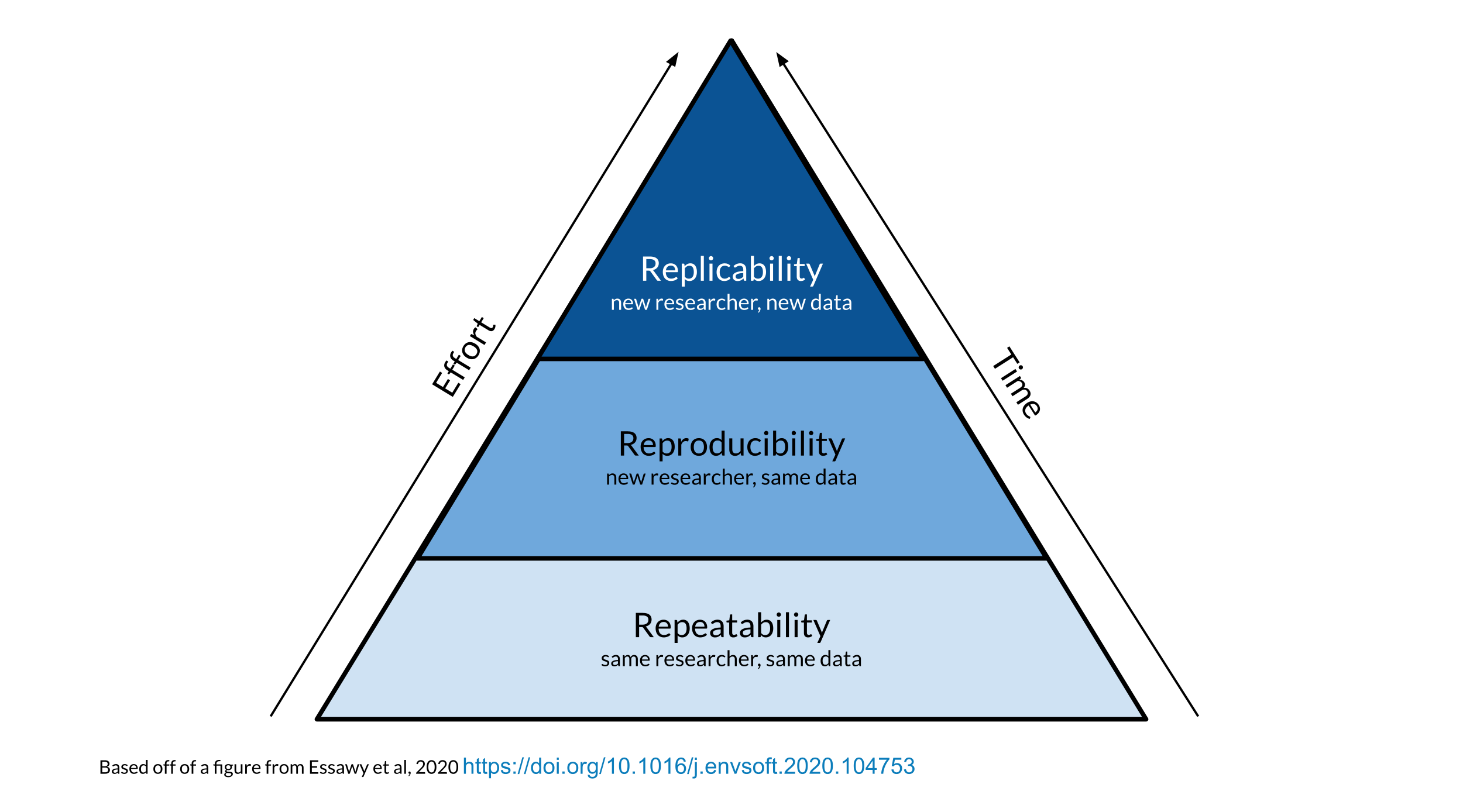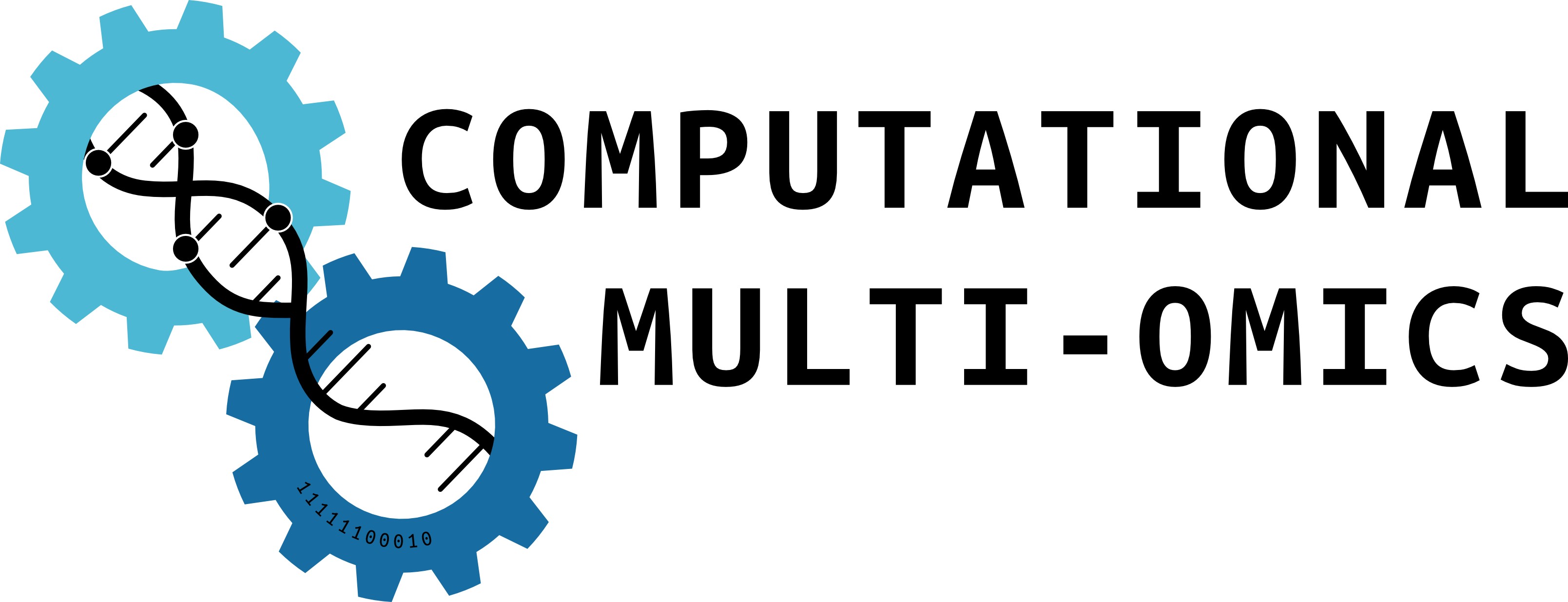COmics Tools

Our group combines different bioinformatics tools to process and analyse multi-omics data.
You can find the code for our pipelines in GitHub at comicsfct:
- ErosionX - Framework to explore erosion of X-chromosome inactivation in human cells (Raposo et al 2024).
- rtHealthyTissues - Repository dedicated to analyse Transcription Readthrough from healthy human tissues (Caldas et al 2024).
- OncoHIT - Framework for estimation of Intra-Tumor Heterogeneity from genomic profiles (Sobral et al 2022).
- vCall - Variant calling pipeline from genomic profiles (Sobral et al 2022).
- rtPseudocall - Framework to detect pseudogenes transcribed due to transcription readthrough of uptream genes (Pinto et al, 2021).
We also developed some Docker images. Docker is an open-source project that performs operating-system-level virtualization, automating the deployment of applications inside software containers. Docker really makes it easier to create, run applications and distribute it all out as one package. By doing so, the developer can be assured that the application will run on any other Linux machine regardless of any customized settings that machine might have that could differ from the machine used for writing and testing the code.
Here you have a brief description of the docker images used for analysis of multi-omics data (developed by our group and others):
| Docker Image | Description |
| argrosso/rbase | R base (CRAN) |
| argrosso/bioconductor | R and BioConductor packages |
| argrosso/bismark | DNA methylation data analysis |
| argrosso/star | Alignment for transcriptomic data |
| argrosso/htspreprocessing | Several tools to pre-process HTS data |
| argrosso/htstools | Several tools to process HTS aligned data |
| argrosso/rubioseq | RubioSeq for variant and CNV from WES |
| argrosso/pyclone | Pyclone for tumor clonal analysis |
| argrosso/mutsigcv | MutSig to identify significant mutations |
| argrosso/kallisto | Transcriptome alignment and quantification |
You can find more Docker images for Computational Biology and Bioinformatics in:
